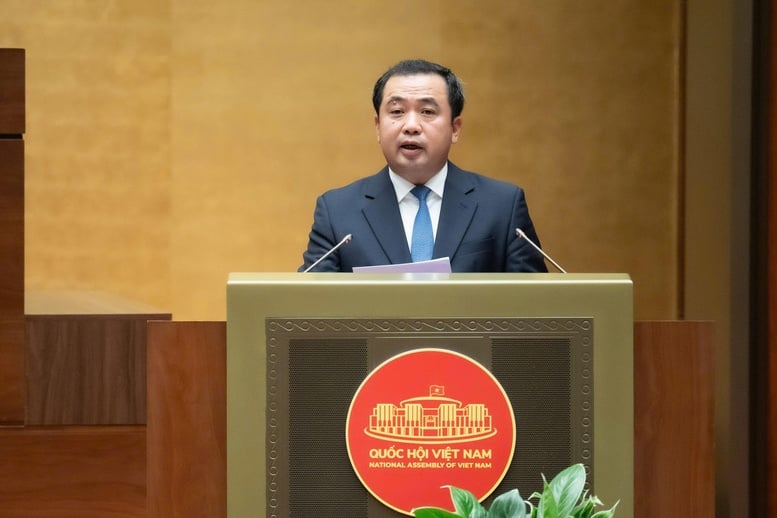
Minister of Agriculture and Environment Tran Duc Thang
Removing difficulties and obstacles in the process of organizing the implementation of the Land Law
On the afternoon of November 18, continuing the 10th Session, the National Assembly listened to the Presentation and Verification Report on the draft Resolution of the National Assembly stipulating a number of mechanisms and policies to remove difficulties and obstacles in organizing the implementation of the Land Law.
Authorized by the Prime Minister to present the Draft Resolution, Minister of Agriculture and Environment Tran Duc Thang said that after more than 1 year of implementing the 2024 Land Law and documents guiding the implementation of the Law, it has been shown that the new policies in the documents have initially brought about effectiveness, contributing to liberating land resources for the country's socio-economic development.
However, based on the requirements of the new situation, it is necessary to issue a Resolution of the National Assembly to continue institutionalizing the Party's viewpoints and orientations, and at the same time remove difficulties and obstacles in the process of organizing the implementation of the Land Law.
The purpose of issuing the Resolution is to fully and promptly institutionalize the Party and State's viewpoints and policies on land policy; promptly remove "bottlenecks" and new issues arising from practice, contributing to the realization of socio-economic development goals, improving the effectiveness and efficiency of land management and use, creating momentum to turn our country into a developed country with high income, in accordance with new management requirements.
The viewpoint of drafting the Resolution closely follows the guidelines and policies in the Resolutions and Conclusions of the Politburo and the Secretariat issued in 2023, 2024 and 2025, especially Resolution No. 69-NQ/TW; promoting administrative procedure reform on land, digital transformation based on a unified land information system, integrating land information with real estate market information, population database and related databases.
With 3 chapters and 13 articles, the draft Resolution consists of 3 groups, including: Institutional contents, viewpoints, goals, tasks, and solutions according to the Resolution of the Central Executive Committee; Conclusion of the Politburo; contents to resolve "bottlenecks" pointed out in Notice No. 08-TB/BCĐTW of the Central Steering Committee on perfecting institutions and laws; and contents to continue to remove difficulties and obstacles in the process of implementing the Land Law.
Land price list avoids financial burden for people and businesses
In his review report, Chairman of the Economic and Financial Committee Phan Van Mai affirmed that the Committee agreed with the necessity of issuing the Resolution. The Committee also proposed to continue reviewing the regulations to ensure feasibility, fairness, transparency, and to avoid complaints and lawsuits that affect the rights of the people.
Regarding cases of land reclamation by the State (Article 3), most opinions believe that this is a policy proposal to remove the "bottleneck" in the implementation of socio-economic development projects through agreements on land use rights. This mechanism creates favorable conditions for investors who have negotiated a large part of the land area but are having difficulty completing site clearance to implement the project on schedule.
Some opinions said that the addition of land recovery cases should be carefully considered, ensuring the provisions of the Constitution, avoiding affecting people's rights, should not be applied widely before a specific impact assessment, it is possible to report to competent authorities to allow the application of a pilot mechanism for a number of cases proposed by the Government to be added in localities with a National Assembly Resolution on specific mechanisms and policies, to have a basis for comprehensively amending the Land Law in the coming time.
Regarding land allocation, land lease, and land use conversion (Article 4), the Economic and Financial Committee agrees to the selection of land lease forms as in the draft Resolution to ensure flexibility and better suitability with the country's socio-economic development practices. The provisions on land allocation, land lease, and land use conversion are important contents and are new provisions compared to the current Land Law.
Therefore, it is necessary to consider carefully and ensure: compliance with the regime of ownership of land by the entire people, with the State representing the owner and uniformly managing, especially the owner's right to decide; administering socio-economic development policies based on land resources, serving the country's socio-economic development goals; and state budget revenue.
Regarding the basis for calculating land use fees, land rents, and compensation when the State reclaims land, the Economic and Financial Committee believes that the proposal to apply the Land Price List (instead of specific land prices) to calculate financial obligations and compensation when the State reclaims land must ensure the main goals of the policy; ensure harmony, transparency and efficiency, and avoid causing financial burdens for people and businesses.
At the same time, the Committee proposed to clarify the basis for calculating land use fees, compensation when the State reclaims land, compensation for land, resettlement land prices, land prices according to the land price list and whether the land price adjustment coefficient meets the requirements of practical development, because the land price adjustment coefficient has the advantage of being easy to calculate but the basis for determination is not clear.
Regarding the principles of land valuation, time of information collection, and land valuation methods (Article 6): The Economic and Financial Committee believes that land valuation according to market principles is necessary to move towards a transparent and fair real estate market.
However, the implementation process needs to be carried out carefully, with a clear roadmap, and with scientific and objective valuation methods. Strengthening the database and enhancing the monitoring role of independent agencies will help address current challenges and ensure the success of the policy.
Regarding the Land Price List (Article 7) and the Land Price Adjustment Coefficient (Article 8): The Economic and Financial Committee agrees with the view that the State, as the representative of the land owner, needs to exercise the right to control and decide on land prices. It is recommended to review the transitional handling regulations to ensure that there are no obstacles in implementation, meeting the requirements to remove shortcomings in the application of the land price list and specific land prices according to the current Land Law; research and supplement the content with more specific principles and orientations in promulgating the land price adjustment coefficient.
Phuong Lien
Source: https://baochinhphu.vn/dinh-gia-boi-thuong-khi-nha-nuoc-thu-hoi-dat-theo-nguyen-tac-thi-truong-la-can-thiet-1022511181729291.htm






![[Photo] Prime Minister Pham Minh Chinh and his wife meet the Vietnamese community in Algeria](https://vphoto.vietnam.vn/thumb/1200x675/vietnam/resource/IMAGE/2025/11/19/1763510299099_1763510015166-jpg.webp)
![[Photo] The Standing Committee of the Organizing Subcommittee serving the 14th National Party Congress meets on information and propaganda work for the Congress.](https://vphoto.vietnam.vn/thumb/1200x675/vietnam/resource/IMAGE/2025/11/19/1763531906775_tieu-ban-phuc-vu-dh-19-11-9302-614-jpg.webp)




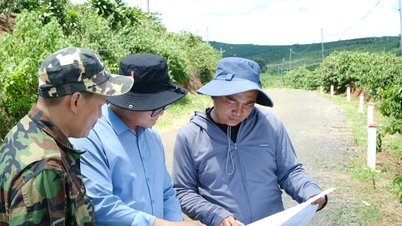



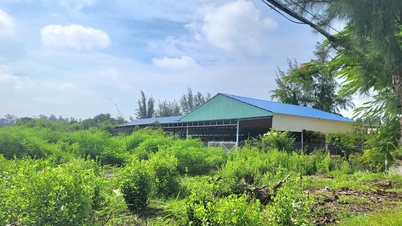
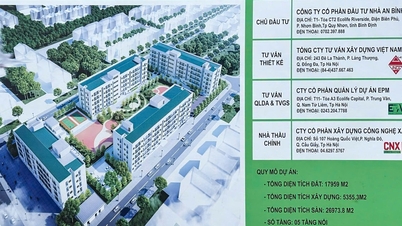





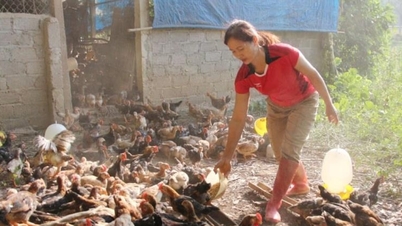

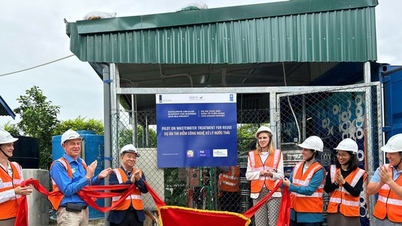







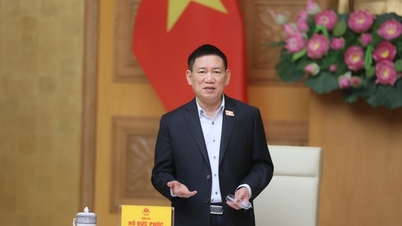


![[Photo] General Secretary To Lam receives Slovakian Deputy Prime Minister and Minister of Defense Robert Kalinak](https://vphoto.vietnam.vn/thumb/1200x675/vietnam/resource/IMAGE/2025/11/18/1763467091441_a1-bnd-8261-6981-jpg.webp)
![[Photo] General Secretary To Lam receives CEO of AP Moller-Maersk Group, Denmark](https://vphoto.vietnam.vn/thumb/1200x675/vietnam/resource/IMAGE/2025/11/18/1763462288958_a3-bnd-8222-2510-jpg.webp)









































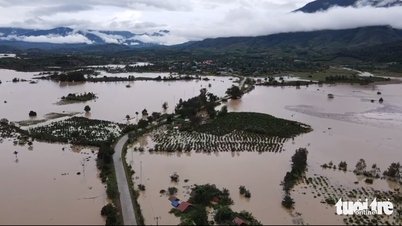









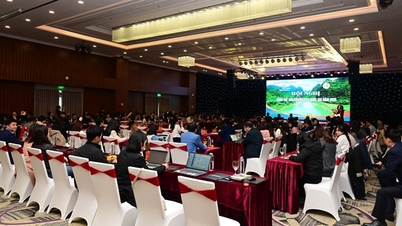



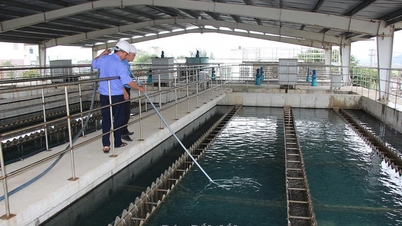

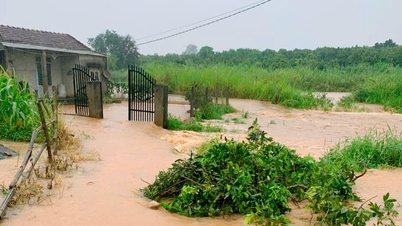




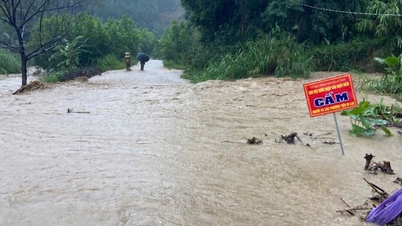














Comment (0)